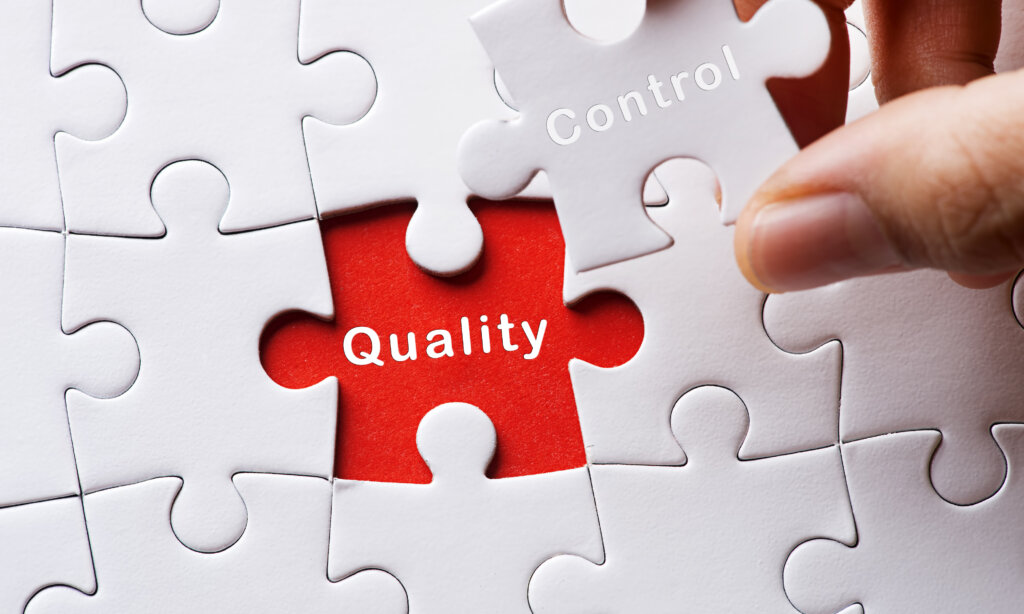What is ‘GAP’?
GAP is the acronym for Good Agricultural Practice. You might also see GACP, which stands for Good Agricultural and Collection Practices, a term used in World Health Organization and European Union documentation. The USDA uses GAP, but whether its GAP or GACP, it refers to an optional certification available to producers of herbal supplements.
The key word there is “optional”. Herbal supplement providers don’t need to apply for GAP certification. Most don’t. It’s not just the effort to get the certification. The bigger effort involves running a business operation that meets or exceeds the standards required for GAP certification.
If a business does get GAP certified, you can bet they’ll let you know it. It will be on their website. You’ll see it on their product literature. You might even see it on product labels. GAP means a quality product.
Why You Should Look For ‘GAP’ When Buying Herbal Supplements
What do you look for when you buy an herbal supplement? Perhaps it’s a brand your familiar with. Or maybe, price plays a significant (and understandable) role in your decision-making. The presence of additives or fillers may also sway your thinking as you decide. All of these are valuable, but there’s good reason to argue ‘GAP’ should be the #1 factor in selecting an herbal supplement and medicine.
‘GAP’ ensures quality and safety. It also means you get a better return on your investment. After all, if a product works better, you need less to enjoy the results you desire. While you can’t put a price on good health, why spend more than you need to?
Who Can Get GAP Certified?
GAP certification is available to herbal supplement manufacturers around the world. It’s been especially important in countries with ancient traditions with herbal medicine such as China and India. Technology has made it possible for these traditional herbal medicines to guarantee the quality and consistency of the products provided to patients.
In China, for example, the Institute of Chinese Medicine published an article in 2008, “Good Agricultural Practice (GAP) – Does It Ensure a Perfect Supply of Medicinal Herbs for Research and Drug Development?” that highlighted GAP’s positive effect on manufacturing. In 2010, China’s Institute of Medicinal Plant Development reviewed the success of GAP for herb cultivation since its implementation in 2002. The Indian Agricultural Research Institute just released Natural Products and Drug Discovery, which contains a chapter titled “Good Agricultural Practices: Requirement for the Production of Quality Herbal Medicines.”
So what does all this mean?
Well, it means herbal medicine traditions take the quality of their herbs seriously, and this isn’t a surprise. They’ve used them for thousands of years to promote healing, so the quality of these herbals are important. Today, they have the innovation and technology to guarantee the quality through potency and effectiveness.
GAP also means quality can be measured. Reputation for a region or country is no longer a valid way to evaluate a product. GAP means a manufacturer keeps strict metrics for planting, growing, and harvesting. It also means there’s strict control of the environment the herbs are grown in, which is also vital to the safety and quality of an herbal supplement.
GAP Requirements
There are five components of Good Agricultural Practices that must be managed, tracked and monitored. Generally speaking, these include:
Site and Soil. The soil must be free of chemical and microbial contaminants such as heavy metals. The site should ensure the safety of the plants during growing from water run-off from nearby areas.
Water. Water used should be free of contaminants, waste and pathogens.
Fertilizer use. Organic or inorganic fertilizers must be used in a responsible way that will promote the best possible product.
Animal and pest control. The growing area should be kept free of animals and pests and their waste.
Worker hygiene. Employees must practice proper hygiene in the handling of products and appropriate equipment provided to prevent product contamination.
(Documented requirements such as these WHO Guidelines go into a lot more detail.)
Is GAP the Only Certification to Look For?
GAP is one of six possible certifications herbal supplement manufacturers can choose to get. If you’ve bought herbal supplements before, you’ve probably seen GMP. This stands for Good Manufacturing Practice. Today, GMP is a standard for most supplements.
While GMP is good, it only certifies the manufacturing step of production. It doesn’t cover agricultural practices or testing that validates the quality and potency of a product during production.
If you want the best herbal supplements, look for products that have met GAP and GMP requirements at a minimum. This will guarantee a safe, quality product, consistent potency and an overall better health and return on your investment.
References:
Zhang B1, et al. GAP production of TCM herbs in China. Planta Med. 2010 Dec;76(17):1948-55. doi: 10.1055/s-0030-1250527. Epub 2010 Nov 12.
Supradip Saha, Abhishek Mandal and Anirban Dutta. Chapter 22 – Good Agricultural Practices: Requirement for the Production of Quality Herbal Medicines. In Natural Products and Drug Discovery.Edited by Subhash C. Mandal, Vivekananda Mandal and Tetsuya Konishi, Elsevier, 2018, Pages 607-631, ISBN 9780081020814, https://doi.org/10.1016/B978-0-08-102081-4.00022-8.

